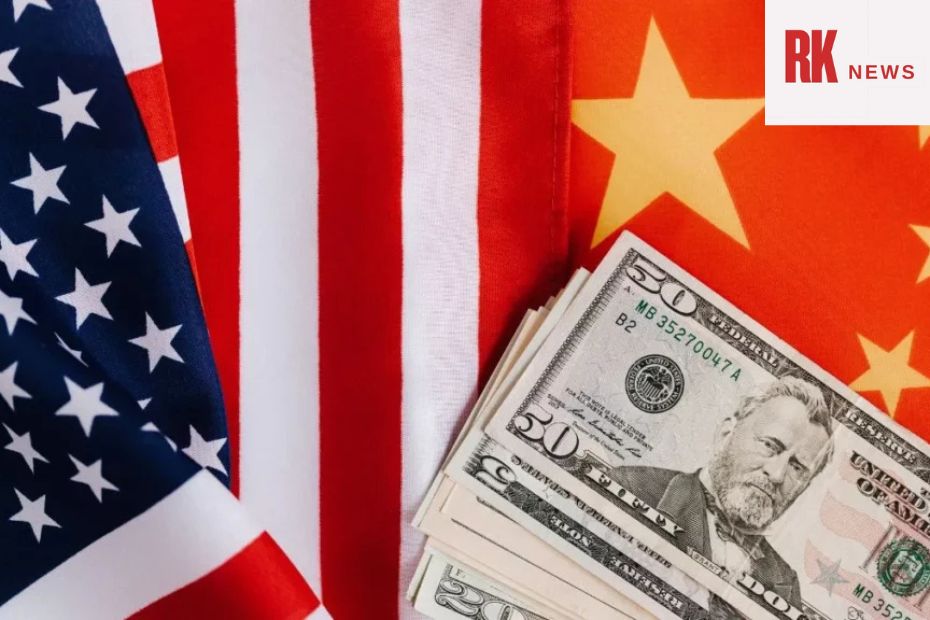China has pledged to intensify support for its economy, which has been hit hard by the ongoing trade war with the United States, while also dismissing President Donald Trump’s claims of ongoing tariff negotiations. The Chinese Foreign Ministry made it clear that there are no formal discussions taking place between the two nations regarding the escalating tariffs, despite Trump’s assertions to the contrary.
Since the beginning of the trade war, U.S. duties on Chinese goods have surged to 145 percent, while retaliatory tariffs imposed by China on U.S. imports have reached 125 percent. As the trade conflict continues to weigh heavily on both economies, Beijing insists that any meaningful resolution can only occur once the U.S. lifts all its “unilateral” tariffs.
In response to the economic strain, Chinese President Xi Jinping and top policymakers gathered for an emergency meeting on Friday to discuss measures aimed at supporting businesses and workers grappling with the effects of the trade war. According to state-run Xinhua news agency, China’s leadership reaffirmed their commitment to bolster the economy amid the external challenges posed by the trade conflict.
The government’s official statement emphasized the need to work with the international community to protect multilateralism and counter what they described as “unilateral bullying practices.” Despite the rhetoric, experts like Zhiwei Zhang, president and chief economist at Pinpoint Asset Management, have pointed out that while the Chinese government is ready to introduce new policies, there appears to be no immediate rush to implement a large-scale economic stimulus package. Zhang explained that Beijing is likely taking a wait-and-see approach, carefully monitoring the economic impact of the trade tensions before deciding on the size and timing of any potential relief measures.
Meanwhile, reports have surfaced that China is considering exemptions for certain U.S. imports in an attempt to alleviate the pressure on its industries. Although the Chinese government has not officially confirmed the details, a leaked document suggested that as many as 131 product categories—ranging from pharmaceuticals to aerospace components—could be exempted from tariffs. The European Union Chamber of Commerce in China and the American Chamber of Commerce have confirmed that some companies have already received these exemptions, particularly in sectors such as pharmaceuticals and aerospace, where specific products are critical to business operations.
These exemptions could help reduce the cost burden on Chinese firms and may also relieve pressure on U.S. exporters. However, the Chinese Ministry of Commerce has refrained from making any public comments on the matter, instead directing inquiries to “relevant authorities.”
As global markets continue to monitor the situation, all eyes are on potential signs of de-escalation between the U.S. and China. With the trade war showing no signs of an immediate resolution, both countries remain locked in a high-stakes battle that has far-reaching implications for international trade and global economic stability.
China’s pledge to support its economy while dismissing U.S. claims of tariff talks underscores the ongoing tensions between the two global superpowers and highlights the economic challenges both face in this prolonged trade dispute.
